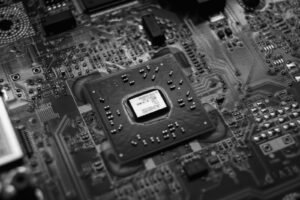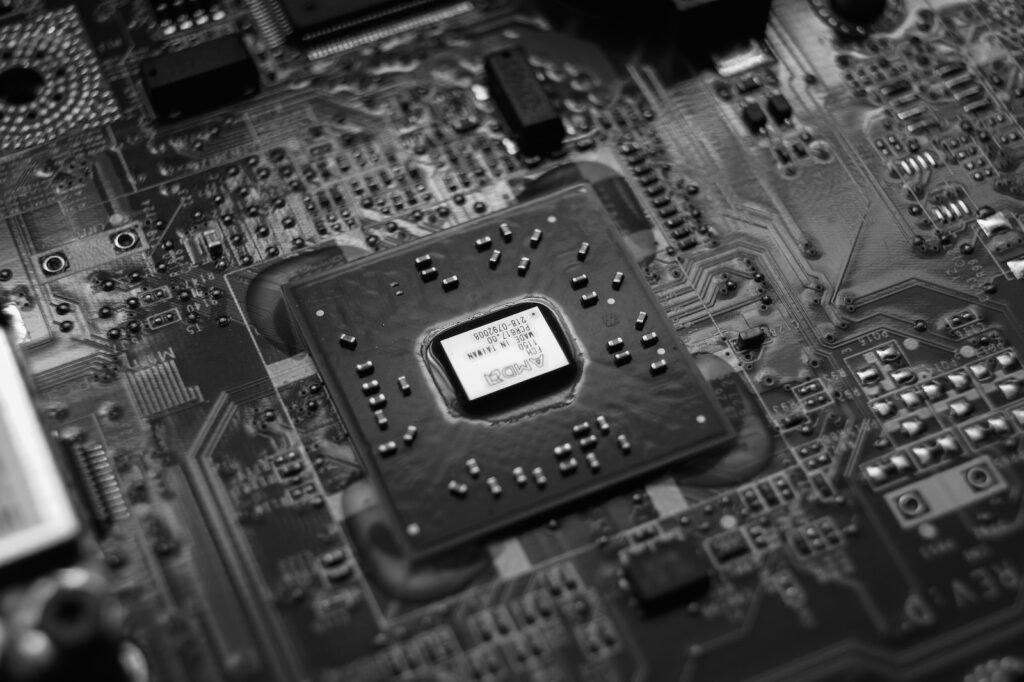Understanding Detection Equipment: A Comprehensive Guide
Detection equipment plays a crucial role in various industries, from healthcare to security, by helping to identify and measure the presence of certain substances or conditions. This comprehensive guide aims to provide a deep understanding of detection equipment, its types, principles, factors affecting performance, and much more. Whether you are a professional in the field or simply curious about the topic, this guide will serve as a valuable resource.

Introduction to Detection Equipment
Detection equipment refers to devices designed to identify and measure the presence of specific substances, conditions, or phenomena. It uses a range of technologies, including chemical, optical, electrical, and mechanical methods, to detect and quantify various elements. This equipment is widely used in industries such as healthcare, environmental monitoring, law enforcement, and manufacturing.
Different Types of Detection Equipment
There are numerous types of detection equipment available, each designed for specific applications. Some common types include gas detectors, metal detectors, radiation detectors, thermal cameras, pH meters, and spectrometers. Each type of equipment utilizes different principles and techniques to detect the target substance or condition.
Principles of Detection Equipment
Detection equipment operates based on several principles. These principles include spectroscopy, electrochemical detection, thermal imaging, magnetic field detection, and many others. For example, gas detectors use the principle of electrochemical detection to measure the concentration of gases in the atmosphere.
Understanding Sensitivity and Accuracy
Sensitivity and accuracy are crucial factors to consider when evaluating detection equipment. Sensitivity refers to the ability of the equipment to detect even the smallest amounts of the target substance. Accuracy, on the other hand, reflects how closely the measurements obtained by the equipment align with the true values. Both sensitivity and accuracy play a significant role in the reliability of the detection equipment.
Factors Affecting Detection Equipment Performance
Several factors can affect the performance of detection equipment. Environmental conditions, such as temperature and humidity, can influence the accuracy and reliability of measurements. Additionally, the presence of interfering substances or background noise can impact the sensitivity and specificity of the equipment. Understanding these factors is crucial to ensure optimal performance.
Choosing the Right Detection Equipment
Selecting the appropriate detection equipment for a specific application requires careful consideration. Factors such as the target substance, required sensitivity, operational conditions, and budget should be evaluated. It is essential to thoroughly research and compare different options before making a decision to ensure that the chosen equipment meets the specific requirements.
Common Applications of Detection Equipment
Detection equipment finds applications in various industries and settings. In healthcare, it is used for diagnosing diseases, monitoring patients, and analyzing biological samples. In industrial settings, it helps in detecting leaks, ensuring product quality, and monitoring environmental conditions. Law enforcement agencies use detection equipment for crime scene investigations and narcotics detection, among other purposes.
Maintaining and Calibrating Detection Equipment
Proper maintenance and regular calibration are essential to ensure the accuracy and reliability of detection equipment. Regular cleaning, calibration checks, and performance verification are necessary to prevent drift and ensure consistent performance. Following the manufacturer’s guidelines and scheduling routine maintenance is crucial to prolong the life of the equipment and reduce the risk of false readings.
Safety Considerations with Detection Equipment
When working with detection equipment, safety is paramount. Depending on the type of equipment, there may be specific safety precautions to follow. For example, equipment that detects radiation requires proper shielding and personal protective equipment. It is crucial to understand and adhere to safety guidelines to minimize the risk of accidents or exposure to hazardous substances.
Evaluating Detection Equipment Performance
Evaluating the performance of detection equipment involves several aspects. Some key parameters to consider include detection limits, response time, dynamic range, linearity, and specificity. Comparison with known standards, testing with control samples, and participation in proficiency testing programs are common methods for assessing the performance of detection equipment.
Advancements in Detection Equipment Technology
As technology continues to advance, detection equipment has seen significant improvements. Advancements in sensor technology, miniaturization, wireless connectivity, and data analysis have revolutionized the capabilities of detection equipment. These advancements have led to enhanced sensitivity, faster response times, improved accuracy, and increased portability. The continuous development and integration of new technologies into detection equipment are driving innovation across various industries.
Frequently Asked Questions about Detection Equipment
This comprehensive guide has covered the fundamentals of detection equipment, including its types, principles, factors affecting performance, and safety considerations. However, you might still have some lingering questions. In the frequently asked questions section, we aim to address common queries and provide further clarification on specific aspects of detection equipment.
